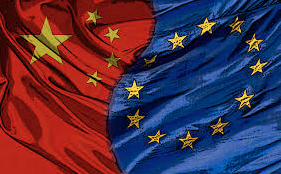BRUSSELS/BERLIN – The European Commission has received the green light to impose high tariffs on electric vehicles produced in China. This measure, which has not yet been finalized, aims to protect European manufacturers from what is seen as China’s distortive high subsidies. There is concern that European manufacturers and suppliers could be disadvantaged in their own market. Despite the approval of some EU states, the plan faces significant resistance, particularly from Germany.
German car manufacturers and suppliers sharply criticize the proposed tariffs. They argue that such measures would harm free trade and could lead to a trade conflict that ultimately harms all parties involved. The German automotive industry, which is heavily engaged in China and produces a significant portion of its electric vehicles there, finds itself in a dilemma due to the tariffs. On the one hand, it wants to protect the European market from unfair competition; on the other hand, it fears that the tariffs could increase its costs and reduce competitiveness. According to initial surveys, however, only about 23 percent of Germans would choose to purchase an EV vehicle from China.
The discussion about the tariffs must also be seen against the backdrop of global trade relations and China’s strategic importance to the German economy. With an average tariff increase of 21 percent, vehicles produced in China would become significantly more expensive in Europe. This could reduce German manufacturers’ sales opportunities in the largest market for electric vehicles and complicate the procurement of raw materials and key technologies essential for electromobility. (zai)

